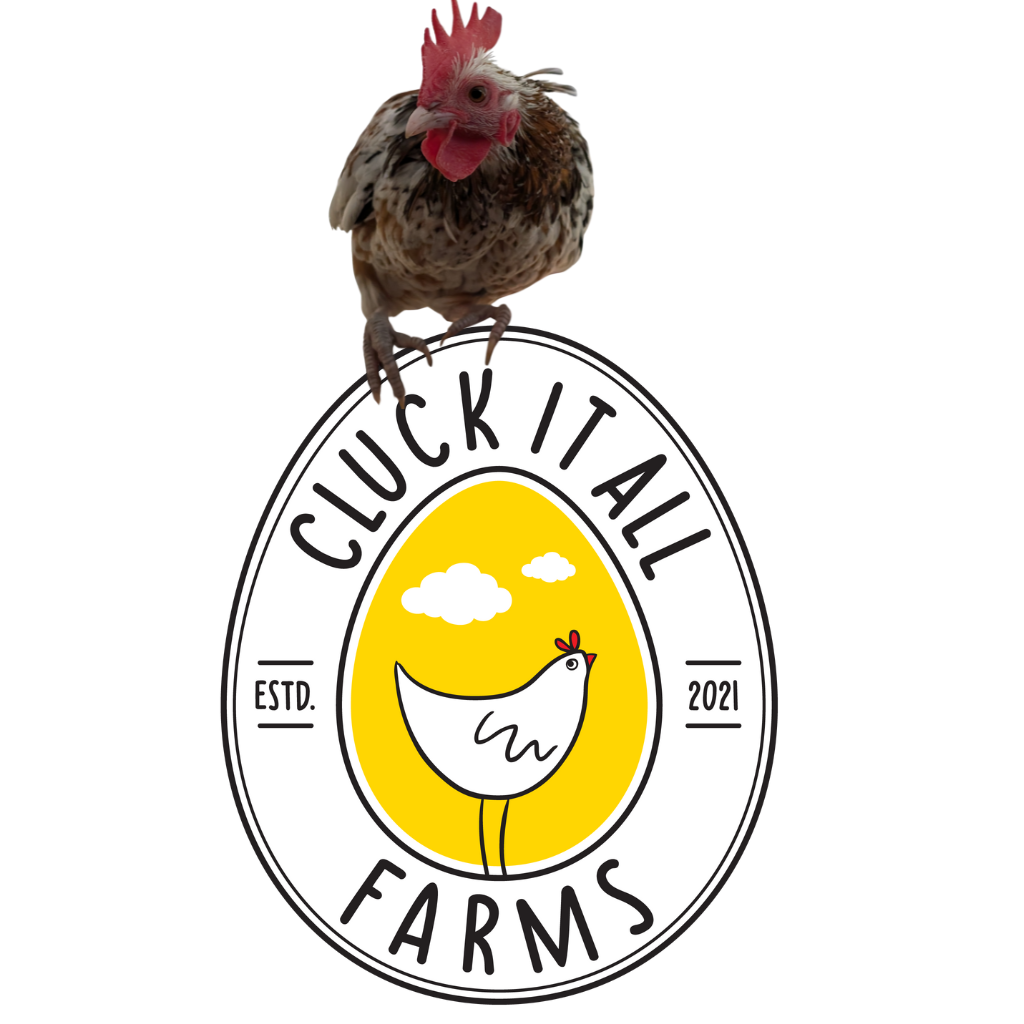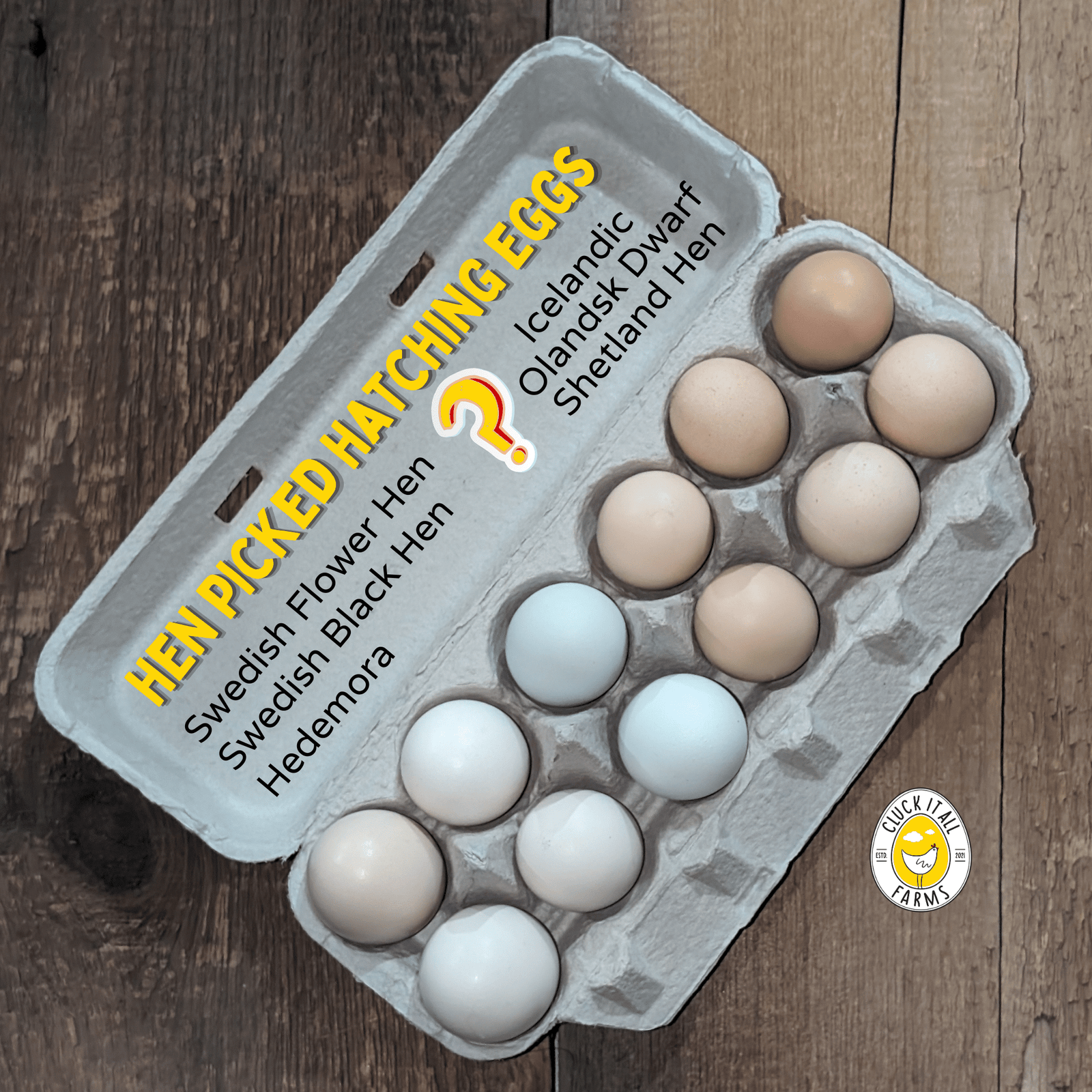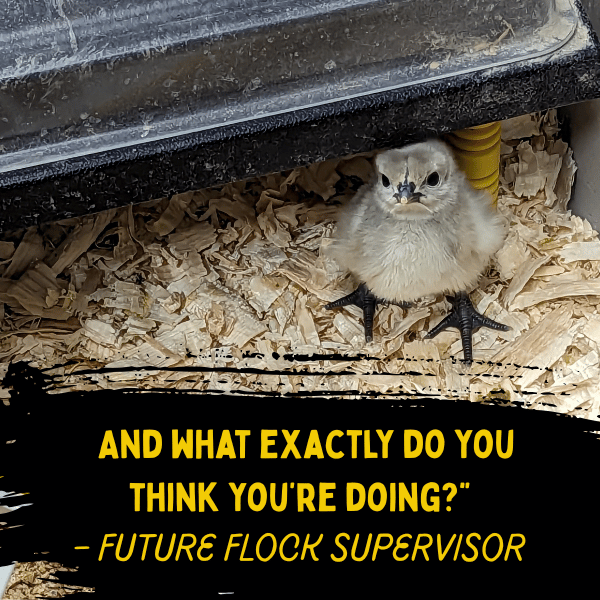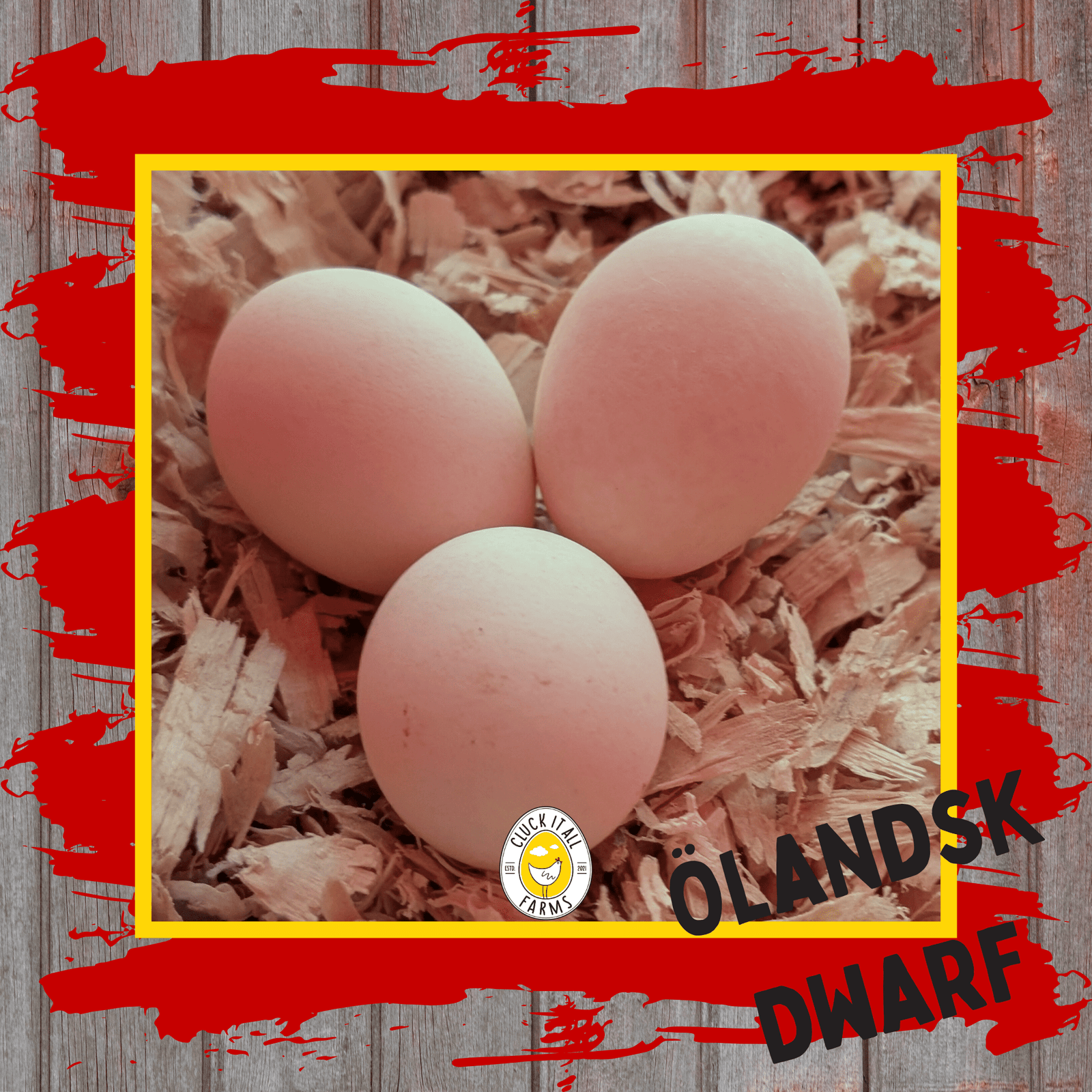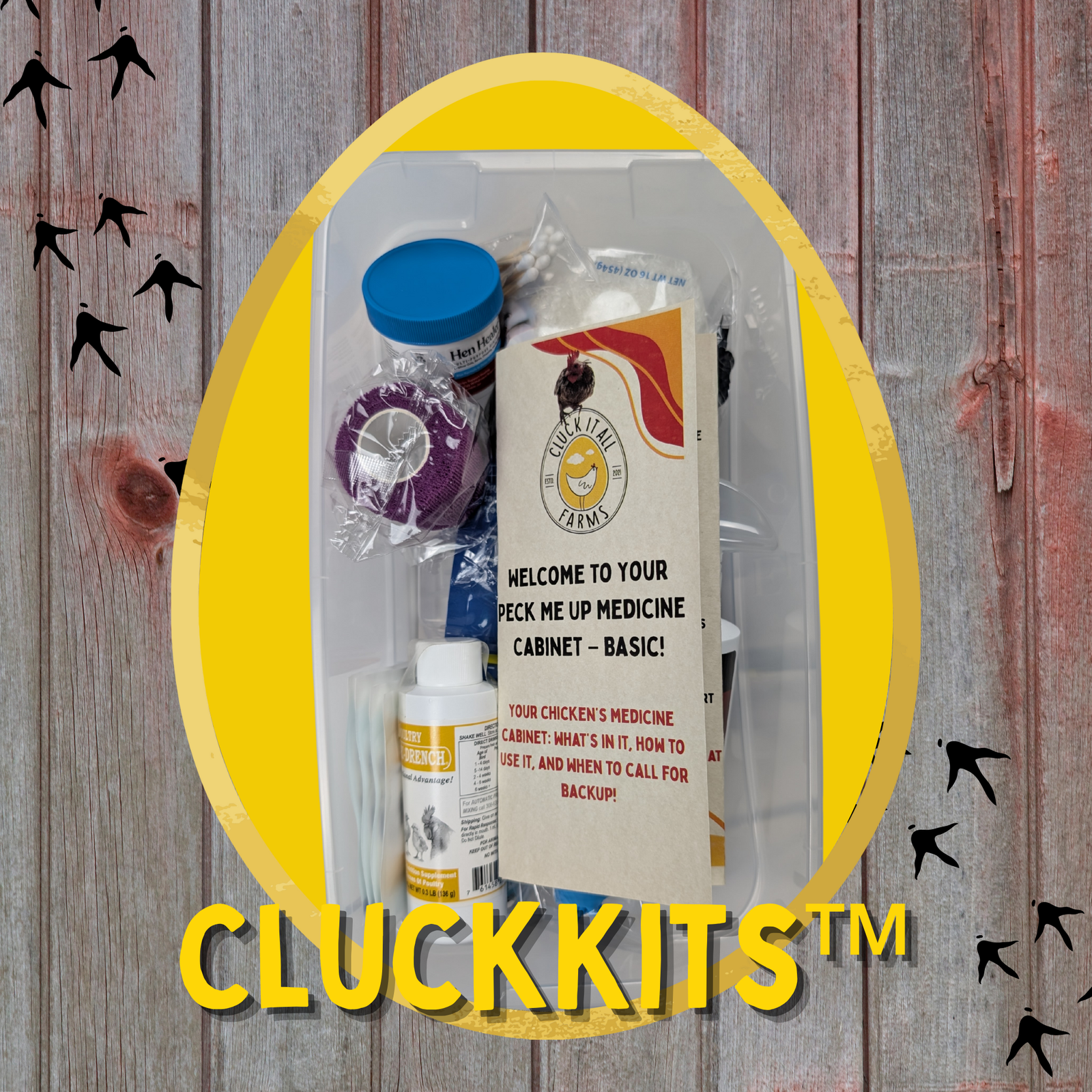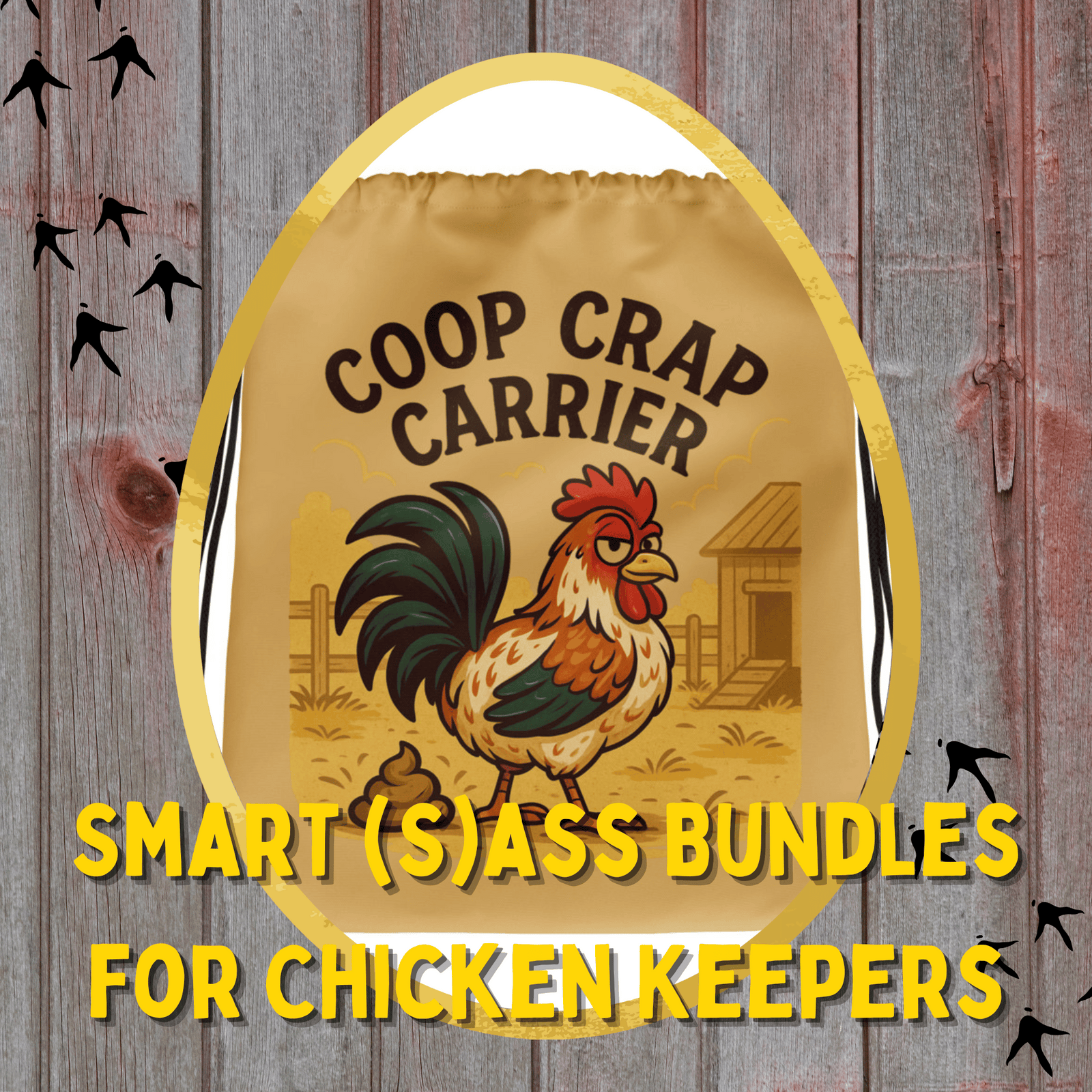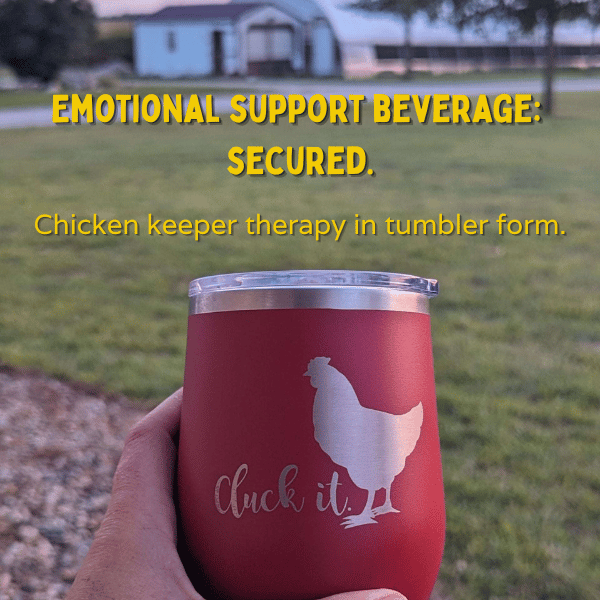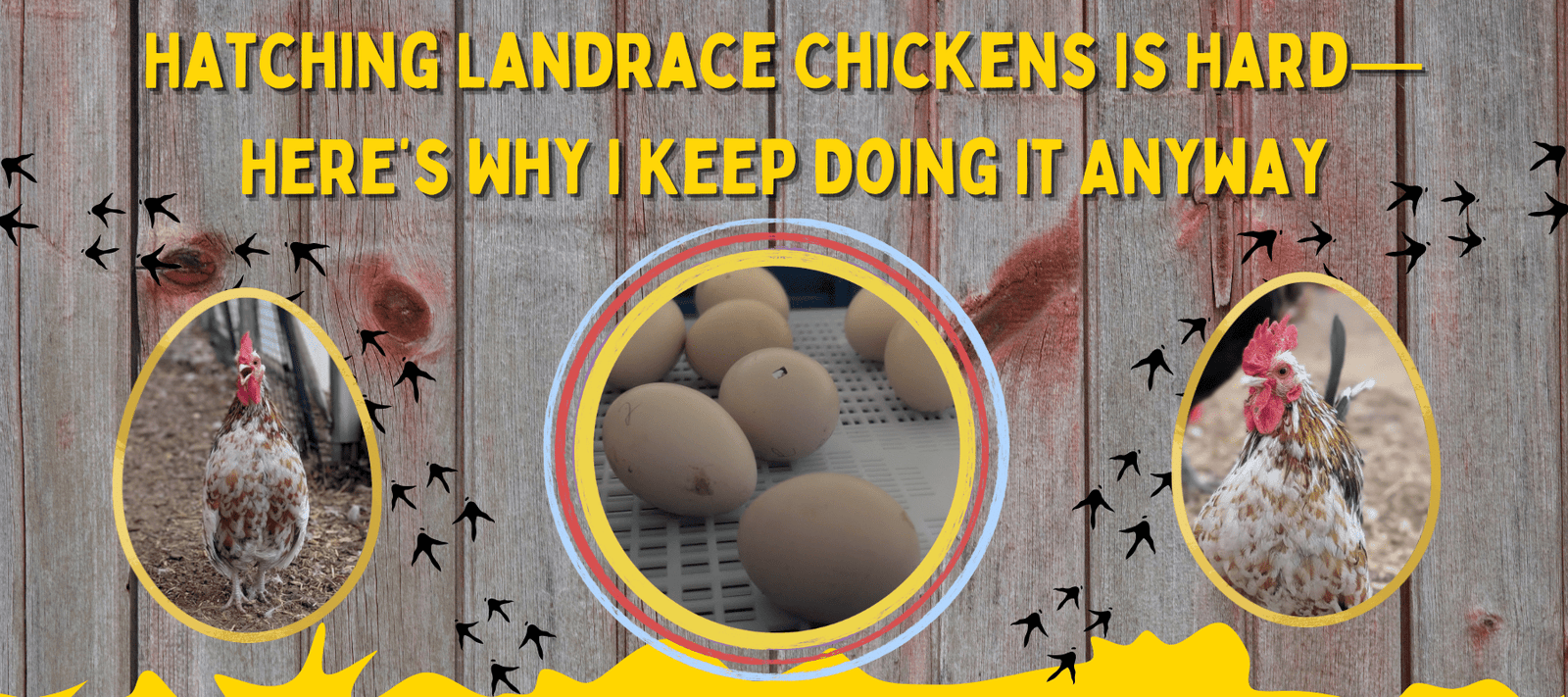Why Feed Pumpkin to Chickens?
You might wonder why you'd swap out grains and other treats for a big, orange gourd. Well, pumpkins offer several benefits:
Rich in Fiber
Fiber plays an essential role in a chicken's digestive health. It aids in nutrient absorption and helps create firm droppings, reducing the likelihood of diarrhea.
Antioxidants Galore
Antioxidants like beta-carotene not only give pumpkins their bright orange hue but also help combat oxidative stress in chickens, promoting cellular health and boosting the immune system.
Vitamins and Minerals
Pumpkins are a goldmine of essential nutrients like Vitamin A, which is crucial for vision, and Vitamin C, which helps in wound healing. Minerals like zinc and iron contribute to feather growth and general well-being.
How to Feed Pumpkin to Chickens: A Step-by-Step Guide
Step 1: Wash the Pumpkin
Always start by thoroughly washing the pumpkin to eliminate any dirt or pesticides that might be lingering on the skin.
Step 2: Cutting the Pumpkin
Once cleaned, cut the pumpkin into manageable sizes that your chickens can easily peck at. You can even leave the skin on; it contains additional nutrients.
Step 3: Seeds Included
Don’t discard the seeds! Chickens love them, and they come with their own set of benefits.
Precautions to Consider: Safety First!
Moderation is Key
Remember, treats should not replace a balanced diet. Limit pumpkin to about 10% of their daily food intake.
No Spoiled Goods
If your pumpkin has started to rot or mold, it's a no-go for your chickens. Always use fresh pumpkin to ensure it's safe and healthy.
Supervise the Feasting
Especially if this is your chickens' first time trying pumpkin, keep an eye on them to ensure they are enjoying it without any adverse effects.
The Real Scoop on Pumpkin Seeds: A Treat, Not a Treatment
Pumpkin seeds are a crunchy, tasty delight that chickens love to peck at, but they've also gained some fame as a potential natural dewormer. Here's where we need to set the record straight: While pumpkin seeds do contain a compound called cucurbitacin, which has the ability to paralyze worms, they are not a foolproof or comprehensive solution for deworming your flock.
What Studies Suggest
Some studies indicate that cucurbitacin in pumpkin seeds may have a small preventative effect on some types of worms. However, it's crucial to understand that this is not a guaranteed or clinically approved method for deworming.
Not a Replacement for Dewormers
Pumpkin seeds should not replace a proper deworming regimen. There are veterinary-approved dewormers designed specifically for poultry that are far more effective in treating and preventing worm infestations. If you suspect your chickens have worms, consult your veterinarian for a proper diagnosis and treatment plan.
Moderation and Balance
Even if they're not the worm-fighting superheroes some claim them to be, pumpkin seeds are still a nutrient-rich treat that can offer proteins and healthy fats to your chickens. Just remember that treats should make up no more than 10% of your chickens' daily dietary intake.
Conclusion: The Verdict
So, when the leaves start to fall and you find yourself surrounded by pumpkins, remember that your clucking companions can join in on the fun too! Pumpkins offer numerous benefits that extend beyond their tasty flavor. They're a nutritional powerhouse that can benefit your flock in multiple ways.
By staying informed and taking a balanced approach, you can enjoy all the seasonal pumpkin fun while keeping your chickens healthy and happy. And isn't that what we all want for our clucking buddies?
For more fun and factual poultry care tips, keep on cluckin' around our blog and don't forget to pay a visit to our charismatic mascot, Millie, on her own Cluckin Chronicles With Millie. If you're interested in other treats and health supplies, do check out our HEN PICKED Boxes.
